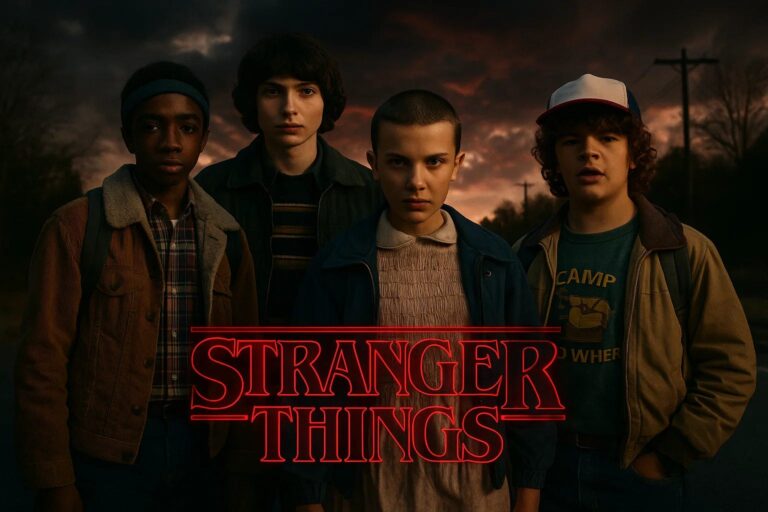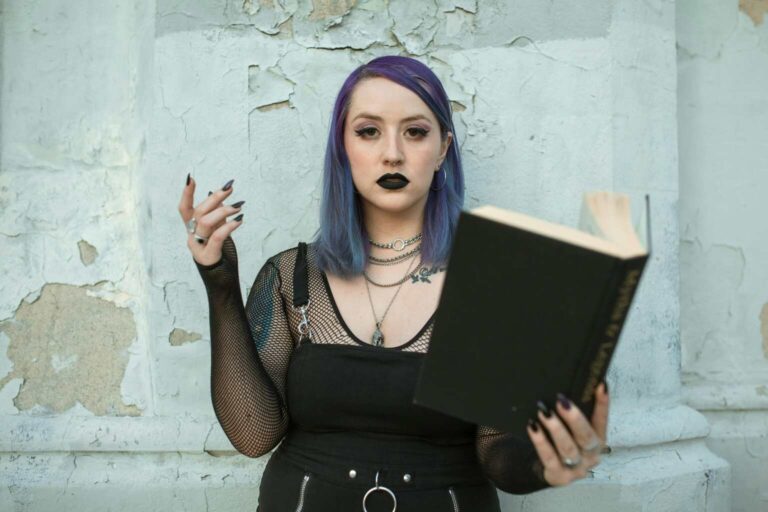A name can be both a gift and a limitation. Throughout history, writers have chosen to set aside the one they were born with and take on another, a name that could move more freely through the world. For some, the decision was practical. They knew their words would not be taken seriously under their real identity. For others, it was a matter of balance, a way to preserve the quiet of their personal world while still reaching out to readers.
There are authors who used pen names to escape the weight of social bias. Others wanted to try something different, to test how far their imagination could go under another name.
The result is a literary history filled with borrowed identities. A pen name is never just a disguise. It is a clue, a strategy, and sometimes an act of rebellion. In the pages ahead, we will meet nine writers who carried more than one name, each with a story worth remembering.
9 Authors Who Used Pen Names And The Stories Behind Them
Before we step into each story, it helps to remember that a pseudonym is rarely a simple invention. Behind every chosen name lies a personal history, a cultural moment, and a reason strong enough to leave the birth name behind.
1. Samuel Langhorne Clemens as Mark Twain
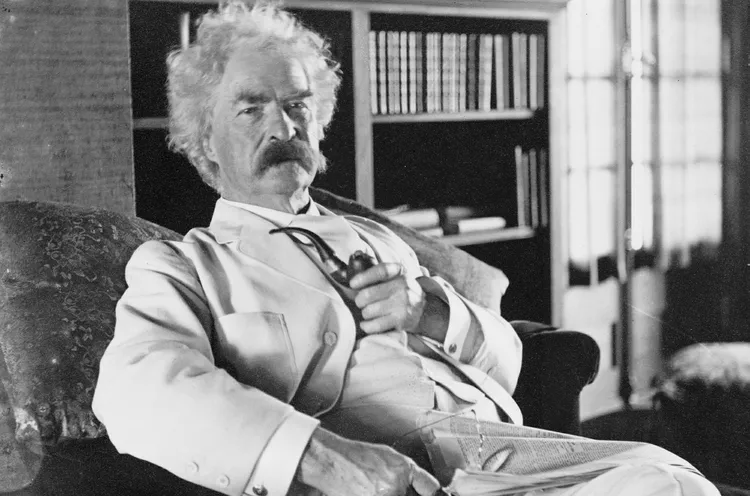
The man we know as Mark Twain began life as Samuel Langhorne Clemens. His pen name came from the river, from the call “mark twain” that meant the channel ran two fathoms deep. Clemens spent his youth on steamboats and knew the phrase as part of daily work. Later, he brought it to print, transforming a technical term into a name readers would never forget.
Some traditions say he first noticed it in taverns, where bartenders wrote marks in twos on a slate to keep accounts, though most scholars point to his Mississippi years as the true source. The name suited him, evoking the frontier, the river, and the humor that colored his style. Of all the authors who used pen names, Twain remains the most distinctly American.
Books By Samuel Langhorne Clemens, aka Mark Twain: The Man That Corrupted Hadleyburg, Personal Recollections of Joan of Arc, The Adventures of Tom Sawyer, The Adventures of Huckleberry Finn.
2. Mary Ann Evans as George Eliot
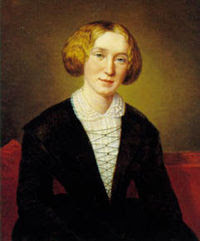
Mary Ann Evans faced the barriers of a society that read women’s novels through the lens of bias. She wanted her fiction to reach readers without that filter, and so she set aside her birth name and introduced herself as George Eliot. The choice reflected more than ambition. It also offered a measure of protection.
Evans lived openly with George Henry Lewes, who remained legally married to another woman, and this scandal colored how society viewed her. By becoming George Eliot in print, she deflected attention and gave her writing a neutral front. The psychology of pseudonyms is clear in her case: the borrowed name became a shield, but also a symbol of the authority she claimed.
Books by Mary Ann Evans, aka George Eliot: Middlemarch, The Mill on the Floss, Daniel Deronda.
3. Alice Hastings Bradley Sheldon as James Tiptree Jr.
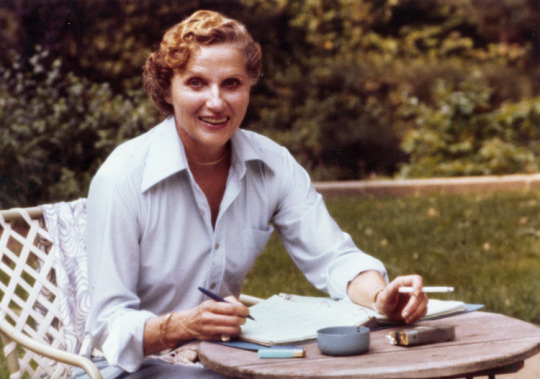
The stories of James Tiptree Jr. arrived in the science fiction magazines of the 1960s with a voice that critics admired as bold and unsentimental. Few knew that behind the name was Alice Hastings Bradley Sheldon, a former artist and intelligence officer.
Choosing a male identity allowed her to avoid the prejudice that often limited women writers, and for more than a decade, the mask held. She wrote letters to colleagues, carefully signing them as Tiptree, building a reputation while protecting her private life. The revelation came unexpectedly in the 1970s, when documents tied her legal identity to the pseudonym. Her case shows the complex position of authors who wrote in secret, where the chosen name offered freedom but also carried its own burdens.
Books By Alice Hastings, aka James Tiptree Jr.: The Starry Rift, The Women Men Don’t See, 10,000 Light Years From Home.
RELATED READING: 35 Strangest, Weirdest Book Titles Of All Time
4. Chloe Anthony Wofford as Toni Morrison

Chloe Anthony Wofford’s journey to becoming Toni Morrison was not a calculated attempt at disguise but rather a series of personal choices that grew into a professional identity. The name Toni began as a casual shortening of Anthony, the saint’s name she had taken during baptism.
Morrison came from her marriage to Harold Morrison, a surname she carried even after the relationship ended. When she submitted her first novel, these pieces came together as Toni Morrison, and the publisher released it under that form. Only later did she acknowledge some regret, feeling that her given name had been left behind. Still, the world came to know her through that chosen identity. She belongs to the long line of authors who changed their identity while building lasting legacies.
Books By Chloe Anhtony Wofford, aka Toni Morrison: Beloved, Jazz, A Mercy, The Bluest Eye, Sula, Paradise.
5. Agatha Christie as Mary Westmacott
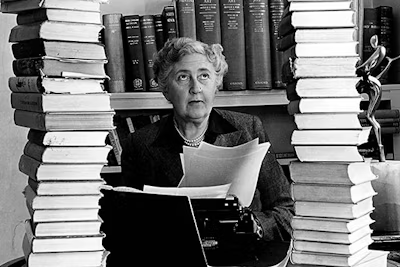
Readers around the world still connect Agatha Christie, one of the most prolific authors of all time, with ingenious puzzles and unexpected twists. Yet she also carried another voice, one that spoke through the name Mary Westmacott. With this pseudonym, she explored stories of emotion rather than crime.
The name came from her own history. She borrowed Mary from her middle name and Westmacott from distant relatives, creating an alias that was both personal and protective. Behind it, she could publish work that moved in a different direction without the pressure of her detective reputation.
These novels showed another side of her imagination, where the mystery was not who committed the crime but how people understood themselves. It stands as a clear example of the reasons authors use pseudonyms, especially to widen creative range.
Books By Agatha Christie, aka Mary Westmacott: Giants’ Bread, Absent in the Spring, A Daughter’s a Daughter, The Burden.
6. Charles Hamilton as Frank Richards, Martin Clifford, Owen Conquest (etc.)
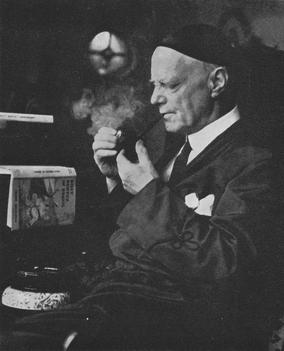
Few writers matched the productivity of Charles Hamilton. He filled decades of magazines with school tales, adventures, and serials, his pen moving quickly enough to keep entire publishing houses supplied. Estimates place his total output at more than one hundred million words.
To keep pace with demand, Hamilton spread his work across many identities. Frank Richards became his best-known creation, while Martin Clifford and Owen Conquest gave him other avenues to tell stories. These shifting names let him supply several magazines at the same time, a practical solution that kept his readership constant.
His career shows the practical side of literary disguise. Among authors with multiple pen names, Hamilton remains unmatched, proof that a writer’s imagination can stretch farther when freed by shifting identities.
Books By Charles Hamilton, aka Frank Richards: The Magnet Companion, The Big Fat Bunter Book.
RELATED READING: 50 Best Villains Of All Time In Literature
7. Daniel Handler as Lemony Snicket
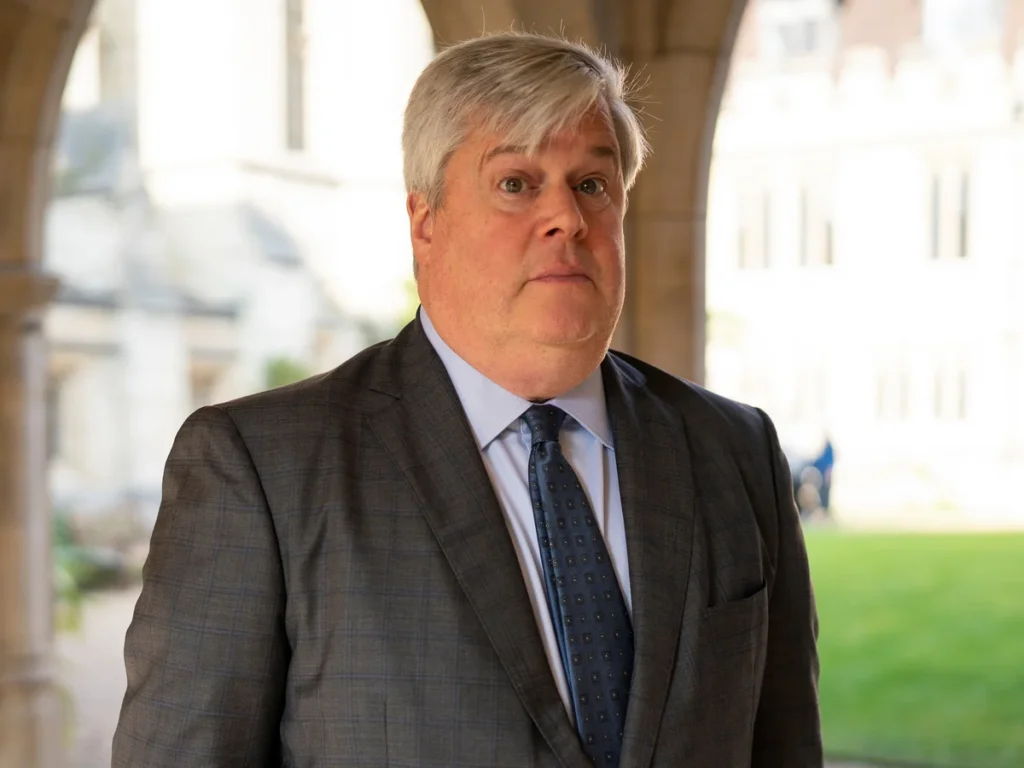
The name Lemony Snicket began as a prank. Daniel Handler invented it while filling out cards and forms, never expecting it to follow him into print. He later discovered that the sound of the name carried its own charm, odd enough to feel real yet playful enough to be remembered.
When he turned to fiction, Handler placed Snicket directly inside the story. The books were presented as his collected accounts, narrated with a mix of sorrow and wit. By treating the pseudonym as both author and character, he gave the series an unusual depth that made it stand apart.
Handler’s choice reminds us that pseudonyms can be tools of invention. For authors who use pseudonyms, the case of Lemony Snicket shows how disguise can turn into art.
Books By Daniel Handler, aka Lemony Snicket: A Series of Unfortunate Events.
8. Arthur Llewellyn Jones as Arthur Machen
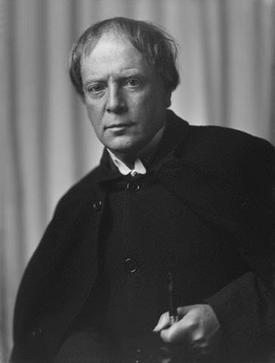
Born Arthur Llewellyn Jones in Wales, the writer found that his family name did not match the voice he wanted to carry into literature. He turned instead to Machen, a name drawn from ancestral ties to Monmouthshire, giving his signature both simplicity and strength.
Through the Machen name, he found the freedom to write boldly. His tales blended spiritual reflection with gothic intensity, suggesting that beneath daily life lay forces too strange to explain. Works including The Great God Pan showed his gift for unsettling readers while influencing generations of writers.
The transformation from Jones to Machen reflected both pride and purpose. It marks him among authors who changed their identity, using heritage and language to shape the atmosphere of his enduring stories.
Books By Arthur Llewellyn Jones, aka Arthur Machen: The Hill of Dreams, The Secret Glory, The Terror, The Great Run, The Great God Pan.
9. Walter B. Gibson as Maxwell Grant
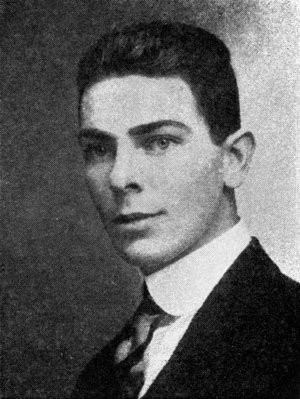
When The Shadow became a publishing phenomenon in the 1930s, the magazine’s editors wanted one clear name to hold the series together. They invented Maxwell Grant, a pen name that would belong not to a single writer but to whoever was assigned to continue the saga.
Walter B. Gibson wrote most of the books, often producing several in a year, but he was not the only one. Other authors stepped in under the same pseudonym, keeping the style and pace uniform for readers. The brand relied on the illusion of a single voice.
This strategy showed the commercial side of pseudonyms. In the long tradition of authors with multiple pen names, Maxwell Grant represents a collective mask that placed continuity above personal credit.
Books By Walter B. Gibson, aka Maxwell Grant: The Shadow, The Red Menace, Battle of Magic.
Conclusion: What Names Leave Behind
Every pen name carries weight. Some shielded writers, others gave them freedom, and some grew heavier than the names left behind. The history of authors who used pen names shows how culture and creativity shaped these choices. Twain, Eliot, Westmacott, and Maxwell Grant each reflect the same truth: no pseudonym is ever empty. It is a mask, a mirror, or both, reminding us that the story of literature is also the story of identity.
FAQs
1. Who is the most famous author with a pen name?
Mark Twain is most often named. George Eliot and George Orwell also stand out, their pseudonyms becoming stronger cultural symbols than their real identities.
2. Do modern authors still use pseudonyms?
Yes. Writers adopt them for privacy, to divide genres, or to restart careers. Romance, crime, and fantasy remain the most common fields for pseudonyms.
3. Can an author legally use a pen name?
Yes. A pen name may appear in public, but contracts, copyright, and payments must list the author’s legal identity for protection.
4. Which authors regretted their pen names?
Toni Morrison regretted losing her birth name in print. Others felt ambivalence, grateful for freedom but uneasy with the distance it created.


